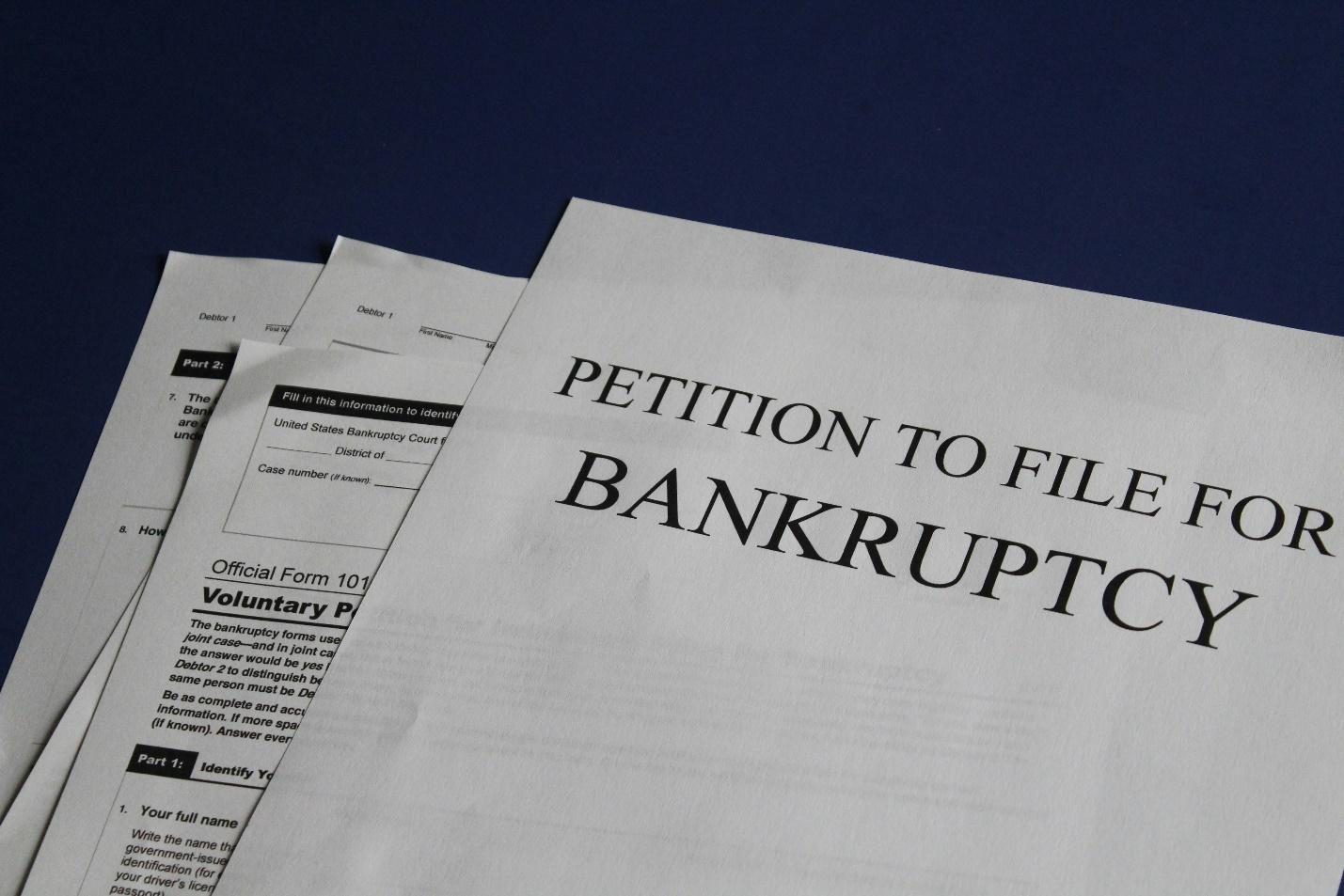A creditor lawsuit can be a stressful and overwhelming experience for anyone. It can be especially difficult if you do not understand the legal process or know how to defend yourself in court. Fortunately, several common defenses can be used to fight against a creditor lawsuit.
In this blog, we will discuss some of the most common defenses to creditor lawsuits and what you can do to protect yourself.
1. The Statute of Limitations
One of the most common defenses to creditor lawsuits is the statute of limitations. The statute of limitations is the amount of time a creditor has to file a lawsuit after the debt has become due. Once the statute of limitations has passed, a creditor can no longer file a lawsuit to collect on the debt. The statute of limitations varies from state to state, so it’s important to know the laws in your state.
2. Challenging The Validity Of The Debt
Another common defense to creditor lawsuits is to challenge the validity of the debt. For example, you may be able to argue that the debt has already been paid, the amount being sought is incorrect, or the creditor has no proof of the debt. If the creditor cannot prove the validity of the debt, the lawsuit may be dismissed.
3. Disputing The Amount Of The Debt
In some cases, a creditor may sue for an amount that is greater than what you owe. If this is the case, you can dispute the amount of the debt and provide evidence to support your argument. If the creditor cannot prove the amount they are seeking, the lawsuit may be dismissed or the amount may be reduced.
4. Proving Hardship
If you are facing financial hardship, you may be able to argue that you cannot pay the debt in full. This may include evidence of a job loss, medical bills, or other financial difficulties. In some cases, the court may agree to reduce the amount of the debt or to set up a payment plan that you can afford.
5. Filing For Bankruptcy
If you are unable to pay your debts, consider filing for bankruptcy. Bankruptcy provides a fresh start and can stop most collection efforts, including creditor lawsuits. In some cases, bankruptcy may allow you to discharge the debt completely.
6. The Creditor Used Unfair Collection Practices
Finally, you can defend against a creditor lawsuit by alleging that the creditor used unfair collection practices. This means that the creditor violated the Fair Debt Collection Practices Act (FDCPA)Â by harassing you, threatening you, or engaging in other abusive practices.

If you or someone you know needs help with creditor lawsuits, then the Law Office of Joel Gonzalez is your best option for it. Our extensive experience in representing clients in creditor lawsuits can help you navigate the legal process. Our debt relief law firm will work with you to understand your situation and help you find the best solution for your specific needs. Contact  us today to learn more about us.








